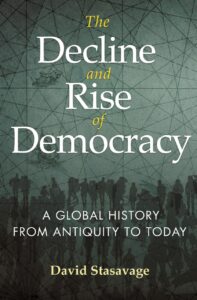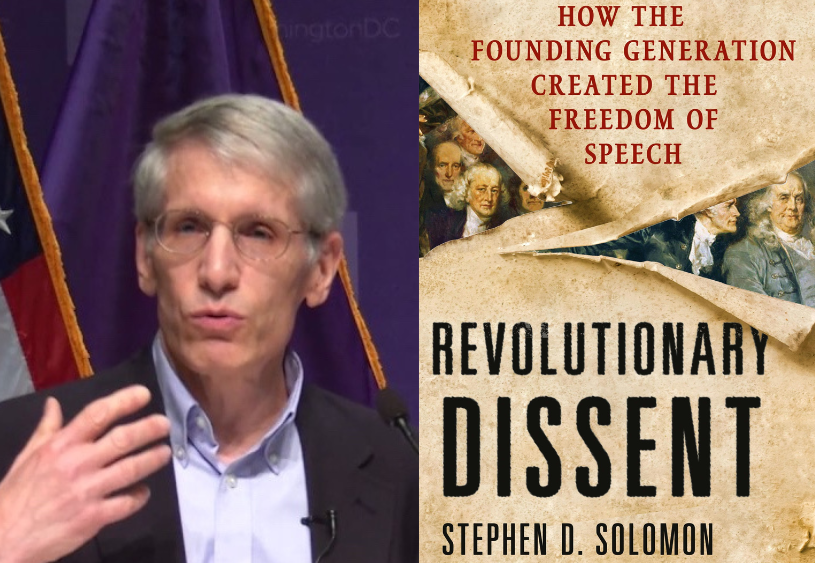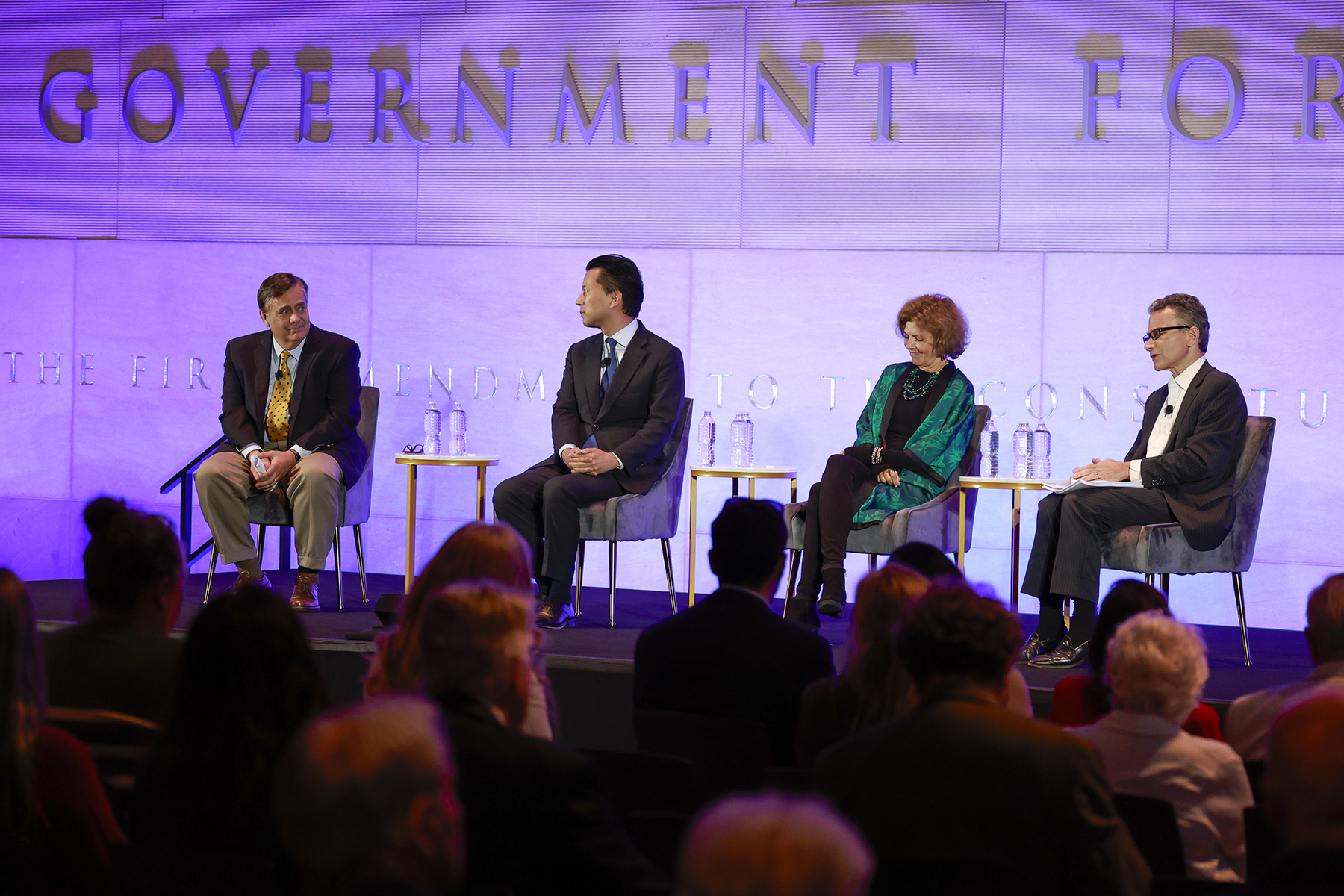The year 2024 is an important one for elections around the world. Citizens in no fewer than sixty-four countries–including, of course, in the United States–will go to the polls to decide who should govern their nations. They will do this in an environment where there are growing concerns that democracy itself is in retreat across the globe. To better understand where we are today, watch the event hosted by the John Brademas Center of NYU which welcomed David Stasavage, NYU Professor and author of, The Decline and Rise of Democracy to Washington, D.C. in celebration of Constitution Day.
His groundbreaking book draws from examples spanning several millennia, Stasavage first considers why states developed either democratic or autocratic styles of governance and argues that early democratic models tended to develop in small places with a weak state and, counterintuitively, simple technologies. When central state institutions (such as a tax bureaucracy) were absent—as in medieval Europe—rulers needed consent from their populace to govern. When central institutions were strong—as in China or the Middle East—consent was less necessary and autocracy more likely. He then explores the transition from early to modern democracy, which first took shape in England and then the United States, illustrating that modern democracy arose as an effort to combine popular control with a strong state over a large territory. Democracy has been an experiment that has unfolded over time and across the world—and its transformation is ongoing.
Amidst rising anxieties over the future of democracy, The Decline and Rise of Democracy widens the historical lens on the growth of political institutions and offers surprising but valuable lessons for all who care about governance.
David Stasavage is the Carroll and Milton Petrie Professor in NYU’s Wilf Family Department of Politics and the Julius Silver Professor in NYU’s Department of Politics and an Affiliated Professor in NYU’s School of Law. David is an elected fellow of the American Academy of Arts and Sciences. In addition to The Decline and Rise of Democracy he is also the author of several previous books including Taxing the Rich: A History of Fiscal Fairness in the United States and Europe (Princeton, 2016) and States of Credit: Size, Power, and the Development of European Polities (Princeton 2011).
 Historical accounts of democracy’s rise tend to focus on ancient Greece and pre-Renaissance Europe. The Decline and Rise of Democracy draws from global evidence to show that the story is much richer—democratic practices were present in many places, at many other times, from the Americas before European conquest, to ancient Mesopotamia, to precolonial Africa. Delving into the prevalence of early democracy throughout the world, David Stasavage makes the case that understanding how and where these democracies flourished—and when and why they declined—can provide crucial information not just about the history of governance, but also about the ways modern democracies work and where they could manifest in the future.
Historical accounts of democracy’s rise tend to focus on ancient Greece and pre-Renaissance Europe. The Decline and Rise of Democracy draws from global evidence to show that the story is much richer—democratic practices were present in many places, at many other times, from the Americas before European conquest, to ancient Mesopotamia, to precolonial Africa. Delving into the prevalence of early democracy throughout the world, David Stasavage makes the case that understanding how and where these democracies flourished—and when and why they declined—can provide crucial information not just about the history of governance, but also about the ways modern democracies work and where they could manifest in the future.
Drawing from examples spanning several millennia, Stasavage first considers why states developed either democratic or autocratic styles of governance and argues that early democracy tended to develop in small places with a weak state and, counterintuitively, simple technologies. When central state institutions (such as a tax bureaucracy) were absent—as in medieval Europe—rulers needed consent from their populace to govern. When central institutions were strong—as in China or the Middle East—consent was less necessary and autocracy more likely. He then explores the transition from early to modern democracy, which first took shape in England and then the United States, illustrating that modern democracy arose as an effort to combine popular control with a strong state over a large territory. Democracy has been an experiment that has unfolded over time and across the world—and its transformation is ongoing.
Amidst rising democratic anxieties, The Decline and Rise of Democracy widens the historical lens on the growth of political institutions and offers surprising lessons for all who care about governance.
Watch a video of the event here:





